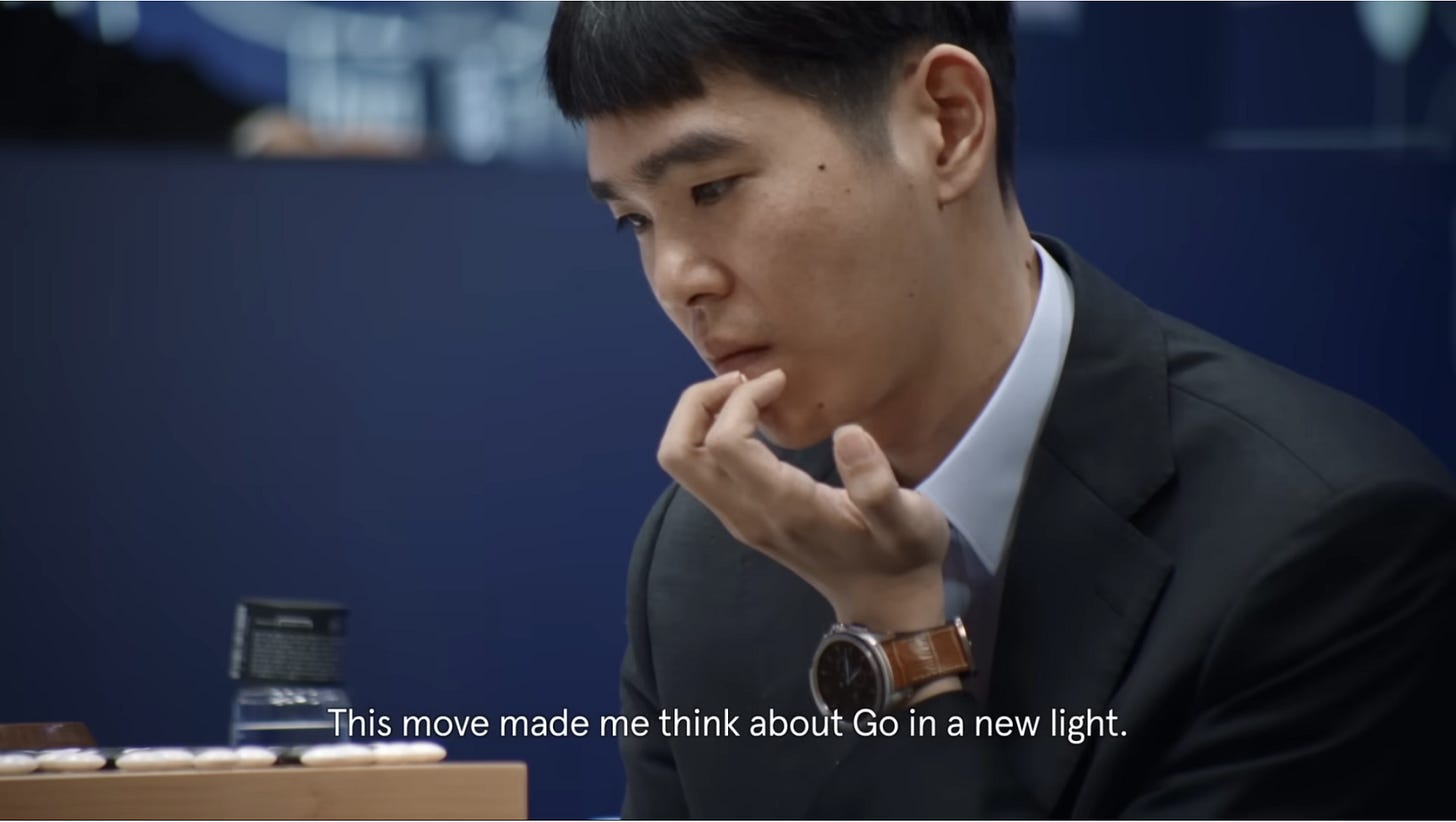Last weekend I had the pleasure of giving a short presentation to a group of European Mackrell International lawyers gathered in Sofia, Bulgaria. In addition to the substance of my talk, I demonstrated OpenAI’s recently released advanced mode feature for ChatGPT. The machine and I did an increasingly rapid duet as we tried to talk over each other. I can’t say whose comments were more insightful. However, the primary feedback from the audience was, first, that ChatGPT and I killed it in the entertainment department but, second, that the speed of the speech was too fast for (European) human ears. Alas.
A point that I made in passing during the presentation was that ChatGPT advanced voice mode was only the second most important OpenAI release last month. The most important was the 12 Sept 2024 release o1-preview, which I wrote about at the time.
The potential of o1 deserves reiteration, and for that purpose I want to draw attention to an article published yesterday by the editorial director of New Atlas, Loz Blain. Blain writes that, with o1, AI is now breaking away from human-like thinking in favor of a more experimental, trial-and-error approach that mirrors DeepMind's AlphaGo. Early AI models were trained on human knowledge and thinking. But o1 is the start of using reinforcement learning to build its own understanding of problem spaces. This divergence could accelerate AI’s capabilities without foreseeable limits, as these systems develop alien methods of reasoning and insight. The o1 model, though still grounded in human language, marks the beginning of general AI stepping out of the human shadow.
Read the full article for a deeper look at this unsettling shift.




